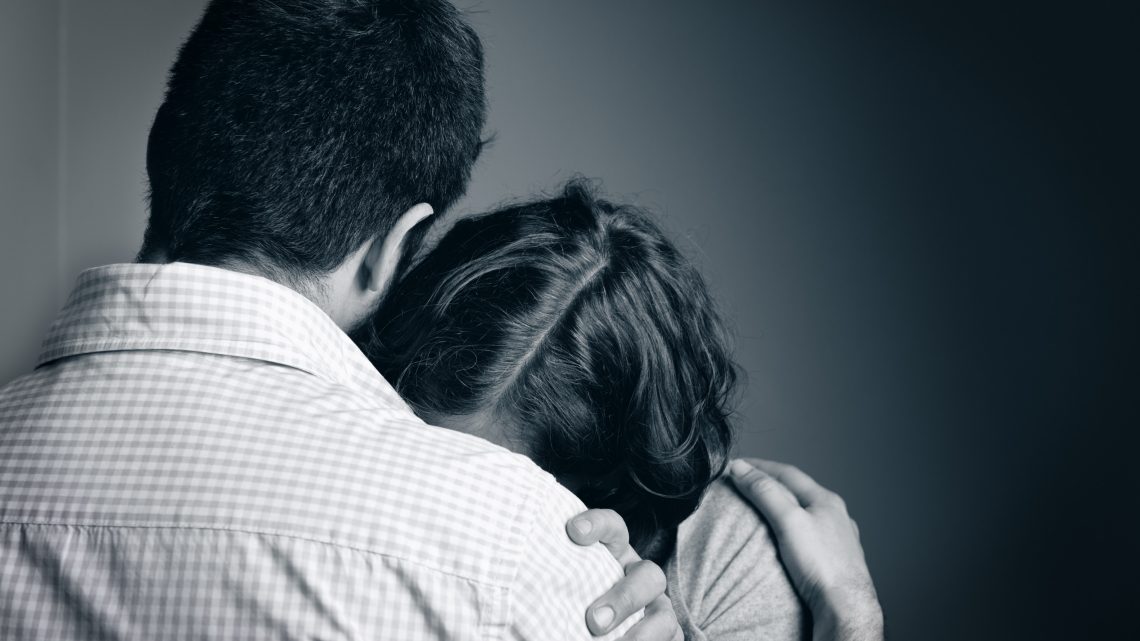Sexual assault is a serious crime that affects millions of people worldwide. It can cause significant emotional, psychological, and physical harm to the victim, especially when the victim is your child. If your child has been sexually assaulted, it is essential to take immediate action to protect them and hold the perpetrator accountable. Learn how to take legal action if your child was sexually assaulted, including reporting the assault, seeking medical attention, hiring an attorney, and more.
Understanding Sexual Assault
Sexual assault is defined as any unwanted sexual contact that involves the use of force, threats, intimidation, or coercion. It can happen to anyone, regardless of age, gender, or sexual orientation. When the victim is a child, it can cause long-term physical and emotional harm that can impact them for the rest of their lives. It is essential to take immediate action if you suspect that your child has been sexually assaulted so the healing process can begin.
Recognizing the Signs of Sexual Assault in Children
Children who have been sexually assaulted may exhibit various signs and symptoms that are crucial for parents to recognize. The child sexual abuse lawyers at DRZ law firm lay out the red flags as such:
- Physical signs, such as unexplained bruises, bleeding or inflammation in genital areas, difficulty walking or sitting, or frequent urinary tract infections
- Fear or nervousness surrounding a certain person, place, or activity, especially if the child previously enjoyed it
- Regression, such as returning to behaviors that they had outgrown, such as thumb-sucking or bed-wetting.
- Nightmares or signs of post-traumatic stress disorder, including flashbacks, avoidance, hypervigilance, or emotional numbness
- Behavioral or personality changes, such as becoming more aggressive, irritable, withdrawn, or clingy
- A decline in the child’s school performance, including lower grades, absenteeism, tardiness, or difficulty concentrating
- Withdrawal from favorite activities or social isolation, including avoiding friends, clubs, sports, or hobbies that they previously enjoyed
- A sudden increase or decrease in weight, appetite, or energy level, which may indicate a change in their emotional or physical health
- Unusual interest in or knowledge of sexual subjects, including asking questions or making comments that seem beyond their age or experience
- Signs of depression or anxiety, including low mood, tearfulness, hopelessness, worthlessness, anxiety, panic, or agitation
- Suicidal tendencies or behaviors, including talking about death, dying, or suicide, or engaging in self-harm or risky behaviors.
Reporting the Assault
If you strongly suspect that your child has been sexually assaulted, the first step is to report the assault to the police. You can call your local police department or the National Sexual Assault Hotline at 1-800-656-HOPE (4673) to report the assault. The police will take a report and start an investigation.
Seeking Medical Attention
It is crucial to seek medical attention for your child as soon as possible after the assault. The doctor can examine your child and gather evidence that can be used in court. They can also provide medical treatment and counseling to help your child cope with the aftermath of the assault.
Hiring an Attorney
It is essential to hire an experienced attorney who specializes in sexual assault cases to represent your child in court. The attorney can help you navigate the legal system, file a civil lawsuit, and seek compensation for your child’s damages. In many cases, the assault can happen at an institution such as a school, church, sports team, or club, such as the boy scouts. Holding an institution liable for sexual abuse can be a very difficult obstacle to overcome without the help of an attorney.
Filing a Civil Lawsuit
You can file a civil lawsuit against the perpetrator to seek compensation for your child’s damages, including medical expenses, lost wages, pain and suffering, and more. A civil lawsuit can also hold the perpetrator accountable for their actions and prevent them from harming other children.
Cooperating with Law Enforcement
It is essential to cooperate with law enforcement during the investigation and prosecution of the perpetrator. You should provide any information or evidence that can help the police build their case and attend all court hearings and trials.
Preparing for Court
Preparing for court can be a stressful and emotional process, but it is essential to ensure that your child’s rights are protected. Your attorney can help you prepare your child for court, including testifying and facing the perpetrator.
Supporting Your Child
It is essential to provide emotional support to your child during this difficult time. You should listen to their concerns, validate their feelings, and seek therapy or counseling to help them cope with the trauma of the assault.
Seeking Therapy for Your Child
Therapy or counseling can be beneficial for your child’s recovery from sexual assault. It can help them cope with the trauma, process their emotions, and develop healthy coping mechanisms. You can seek therapy for your child through a variety of sources, including school counselors, private therapists, and support groups. The cost of treatment is taken into account when calculating recoverable damages for your legal case.
Take Action, Get Support
Sexual assault is a devastating crime that can have long-term physical, emotional, and psychological consequences for the victim, especially when the victim is a child. If your child has been sexually assaulted, it is crucial to take immediate action to protect their health and seek justice. This includes reporting the assault, seeking medical attention, hiring an attorney, filing a civil lawsuit, cooperating with law enforcement, preparing for court, supporting your child, and seeking therapy.


No Comment